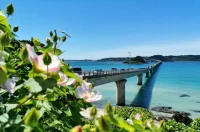【 List of National Holidays in Japan 】 Total number of days is 16! Explanation for foreigners
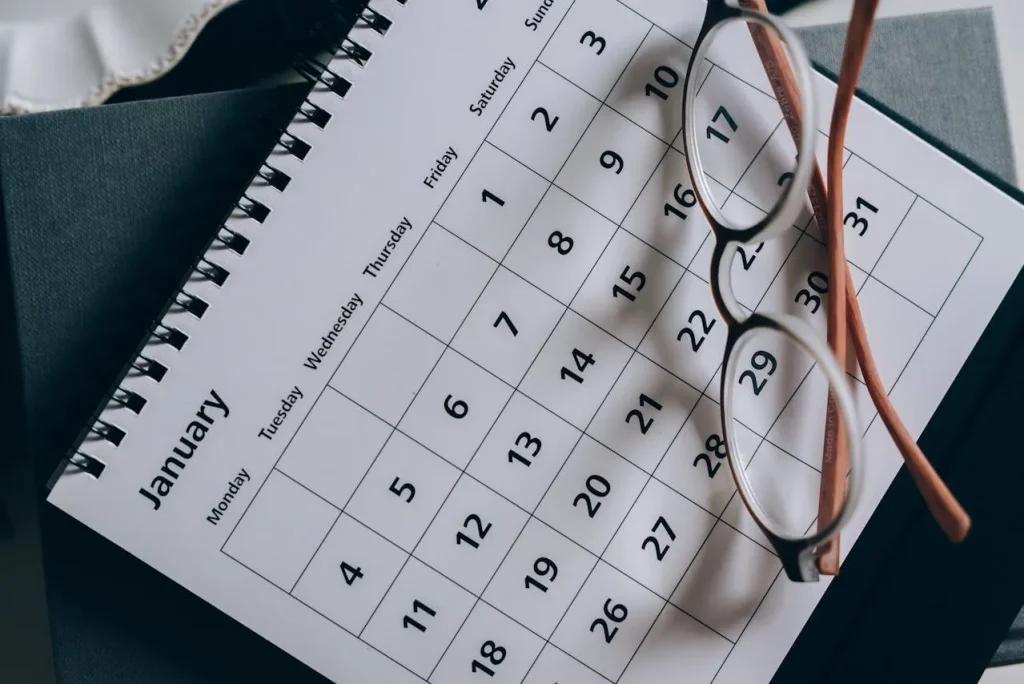
It is important for foreigners living in Japan to be aware of Japanese national holidays, as they vary from country to country. Japanese national holidays reflect the history, culture, traditions, and values of Japan.
This article provides an easy-to-understand explanation of Japanese national holidays for non-Japanese. Understanding Japanese national holidays is the first step toward integrating into Japanese society and communicating better with Japanese people. In addition, learning about Japanese culture and customs through national holidays can make your life in Japan richer and more meaningful. Please read this article to deepen your knowledge of Japanese holidays and enrich your life in Japan.
▼Goandup Picks Click here for recommended articles!
- Required before studying abroad! Goandup Nihongo+, an online Japanese language learning service
- This page introduces services for foreigners who wish to study in Japan or improve their Japanese language skills to learn Japanese online.
- Goandup Salon" community for foreigners living in Japan
- We introduce an online community where foreigners living in Japan can exchange information and interact with each other to support their life in Japan.
- Goandup Study" supports foreigners who want to study in Japan.
- This section introduces study abroad support services that provide comprehensive support to foreigners who wish to study in Japan, from preparation for study abroad to living in Japan.
- Where can I buy a prepaid SIM in Japan? Recommended SIM cards for foreigners are also introduced.
- How to purchase a prepaid SIM and suitable SIM cards for foreigners.
- The Complete Guide to Pocket Wi-Fi in Japan for Foreigners!
- We introduce how to select and recommend pocket Wi-Fi products that can be used conveniently in Japan.
- The Complete Guide to Finding a Job in Japan! Finding a job, changing jobs, and part-time work for foreigners
- This site provides foreigners who want to work in Japan with comprehensive information on how to find a job, recommended job sites, and other information necessary to find a job.
List of National Holidays in Japan
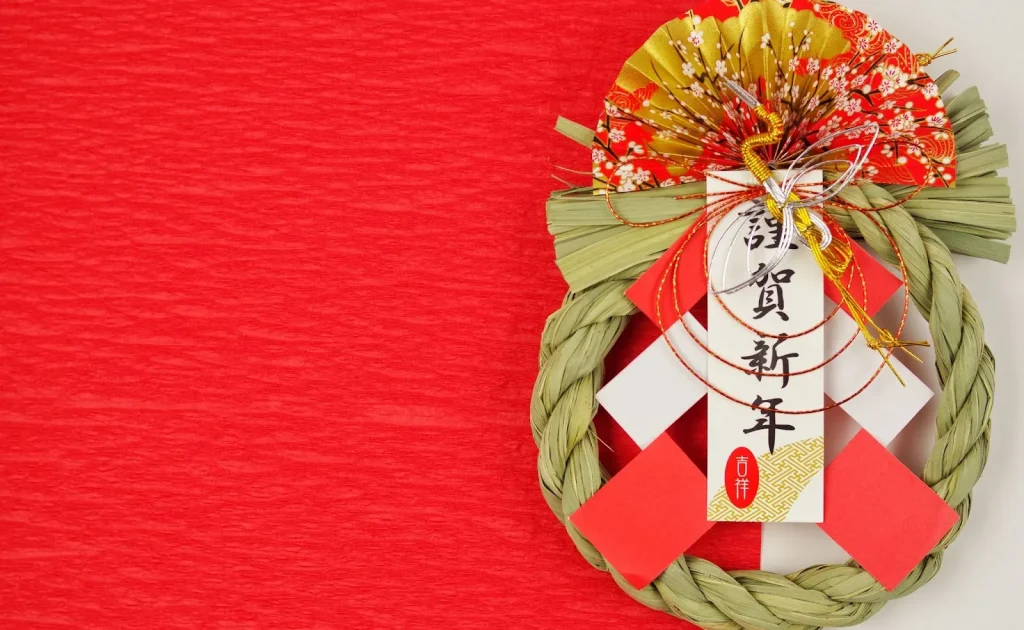
First of all, let us look at all the national holidays in Japan. There are a total of 16 national holidays in Japan, and the table below is a list of them. Some holidays are unique to Japan and not found in other countries, such as the Emperor's Birthday and Showa Day, while others, such as New Year's Day, are common to many countries.
| Date | name | remarks |
| January 1 | 元日 Ganjitsu | |
|---|---|---|
| Second Monday in January | 成人の日 Seijin no hi | |
| February 11 | 建国記念の日 Kenkoku kinen no hi | |
| February 12 | Holiday | |
| February 23. | 天皇誕生日 Tennou tannjoubi | |
| March 20 or 21 | 春分の日 Shunnbunn no hi | Depends on the state of the earth's operation. |
| April 29. | 昭和の日 Shouwa no hi | |
| May 3 | 憲法記念日 Kennpou kinenbi | |
| May 4 | みどりの日 Midori no hi | |
| May 5 | こどもの日 Kodomo no hi | |
| May 6 | Holiday | Substitute Holiday for こどもの日 |
| Third Monday in July | 海の日 Umi no hi | |
| August 11 | 山の日 Yama no hi | |
| August 12 | Holiday | Substitute Holiday for 山の日 |
| Third Monday in September | 敬老の日 Keirou no hi | |
| September 22 or 23 | 秋分の日 Shuubunn no hi | Depends on the state of the earth's operation. |
| September 23. | Holiday | Substitute Holiday for 秋分の日 |
| Second Monday in October | スポーツの日 Supootsu no hi | |
| November 3 | 文化の日 Bunka no hi | |
| November 4 | Holiday | Substitute Holiday for 文化の日 |
| November 23. | 勤労感謝の日 Kinnrou kansha no hi |
Explanation of National Holidays in Japan
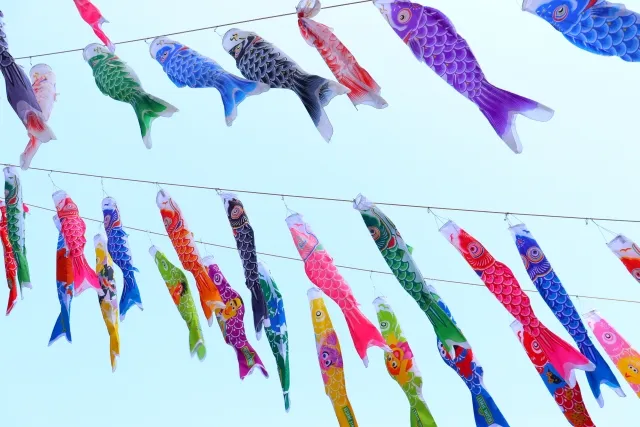
In this section, we will briefly describe the national holidays in Japan one by one. Some holidays are similar in other countries, such as English-speaking countries and China, so we will also discuss holidays in those countries.
元日 (January 1)
"元日 (ganjitsu)" is the first day of the year, or "New Year's Day" in English. The morning of New Year's Day is called "元旦 (gantan)," but in everyday conversation, gantan is sometimes used to mean the same thing as New Year's Day. The period from January 1 to 3, including New Year's Day, is called "sanganichi," when many people take a vacation.
During this period, there are customs such as eating oseki-ryori (New Year's Day dishes), going to Hatsumode (New Year's visit to a shrine), and giving New Year's money to children. Like other countries such as the United States, the United Kingdom, and China, New Year's Day is a holiday in Japan.
成人の日 (second Monday in January)
Seijin" means "adult" in Japanese, and Seijin no Hi (Coming of Age Day) is a day to celebrate a child becoming an adult. On Adult's Day, seijinshiki, or coming-of-age ceremonies, are held throughout Japan to celebrate the gathering of new adults (those who turn 20 that year). The new adults wear traditional Japanese "Hare-gi" (fine kimono) and join the ranks of adults, receiving blessings as they do so.
建国記念の日 (February 22)
"建国 (kenkoku)" means "the establishment of a nation," and "建国記念の日 (kennkoku kinen no hi)" is a day to celebrate the establishment of the nation of Japan.
Although the dates and names are different, they have the same purpose: Independence Day in the United States is on July 4, and National Day in China is on October 1.
天皇誕生日 (February 23)
"天皇誕生日 (tennou tanjyoubi)" is a day to celebrate the birthday of the currently enthroned Emperor. Therefore, when a new emperor comes to the throne, the date of the Emperor's Birthday is also changed. The current emperor's birthday is February 23, but it was December 23 in the Heisei era before the 2025 reign.
春分の日 (March 20 or 21)
"春分の日 (shunbun no hi)", or the day on which day and night are the same length, is a national holiday in Japan to celebrate nature and living creatures.
In addition to Vernal Equinox Day, there are other nature-related holidays in Japan, such as Marine Day and Mountain Day. These holidays will be explained in detail later.
昭和の日 (April 29)
"昭和 (shouwa)" is the name of the Showa era, two years before "Showa" and one year before "Heisei", and "昭和の日 (shouwa no hi)" is a holiday to remember the Showa era.
This day was the birthday of Emperor Showa (Emperor Hirohito).
憲法記念日 (May 3)
"憲法記念日 (kenpou kinenbi)"commemorates the enactment of the present Constitution of Japan on May 3, 1947. The Constitution of Japan is a new constitution enacted after World War II, and is based on the basic principles of national sovereignty, respect for fundamental human rights, and pacifism.
みどりの日 (May 4)
"みどりの日 (midori no hi)" is a day to celebrate and appreciate nature.
Greenery Day is a day to celebrate being close to and appreciating nature. This holiday began in 1989 as a substitute holiday for the Emperor's Birthday, but was officially established as "Greenery Day" in 2007.
こどもの日 (May 5)
"こどもの日 (kodomo no hi)" is a day to wish for the happiness of children and to thank their mothers. On this day, it is customary to decorate carp streamers and helmets, and eat kashiwa-mochi (rice cake with sweet bean paste wrapped in oak leaves). For families with girls, it is customary to decorate hina dolls on March 3, though not on May 5. Hina dolls are displayed to wish for the healthy growth of girls.
海の日 (the third Monday in July)
”海の日 (umi no hi)" is a day to thank the sea for its bounty and to wish for the prosperity of Japan, a country surrounded by the sea. This holiday was established in 1996. It used to be July 20, but was moved to the third Monday of July in 2003.
山の日 (August 11)
"山の日 (yama no hi)" is a day to take the opportunity to get close to the mountains and be thankful for their bounty. This holiday was established in 2016, and was chosen because August 11 was a day when traditional mountain-related events were held in many places.
敬老の日 (the third Monday in September)
The word "敬老 (keirou)" means "respect for the aged. "敬老の日 (keirou no hi)" is a day to honor the elderly and wish them a long life. This holiday was established in 1966, originally on September 15, but since 2003 it has been observed on the third Monday of September.
On Respect-for-Senior-Citizens Day, many municipalities hold commemorative events to which the elderly are invited. At schools, children also visit senior citizens' facilities to deepen exchanges. At home, it is an opportunity to express gratitude to grandparents.
秋分の日 (September 22 or 23)
Like the vernal equinox, "秋分 (shuubun)" is the day when the length of day and night are the same. Since the length of day and night is the same twice a year, the spring one is called vernal equinox and the fall one is called autumnal equinox.
スポーツの日 (second Monday in October)
"スポーツの日 (supootsu no hi)" is a day for enjoying sports and thinking about the importance of leading a healthy life. This national holiday was established in 2000 as "Sports Day" to commemorate October 10, the date of the opening ceremony of the 1964 Tokyo Olympics, and was renamed "スポーツの日 (supootsu no hi)" in 2020, on the second Monday of October.
On Sports Day, citizens' marathons and sports competitions are held in many places, and schools often hold athletic meets.
文化の日 (November 3)
"文化の日 (bunka no hi)" is a day to enjoy culture and to love freedom and peace. This holiday was established in 1948, and November 3 was chosen as it was the day the Japanese Constitution was promulgated in 1946.
On Culture Day, many cultural facilities such as art galleries and museums offer free admission.
勤労感謝の日 (November 23)
"勤労感謝 (kinrou kansha no hi)" is a day to appreciate the value of work and to express gratitude to those who work. This day was established in 1948, the latest of the national holidays. On Labor Thanksgiving Day, many companies and organizations hold events to express their appreciation for workers.
In the United States, Thanksgiving Day is celebrated on the fourth Thursday in November. Thanksgiving Day, like Labor Day, is a day of thanksgiving for those who work, but it is also a day of thanksgiving for a bountiful harvest, and it is traditional to eat a whole roasted turkey. Although they are celebrated on different dates, Labor Thanksgiving Day and Thanksgiving Day have one thing in common: thanksgiving for those who work.
Trivia: Why are the dates for "春分の日 (shunbun no hi)" and "秋分の日 (shuubun ni hi)" not fixed?
The dates for "春分の日 (shunbun no hi)" and "秋分の日 (shuubun ni hi)" are not fixed to the same day each year because they are determined based on the Gregorian calendar. Specifically, "春分の日 (shunbun no hi)" falls on either March 20th or 21st, and "秋分の日 (shuubun ni hi)" on September 22nd or 23rd. This variation is due to the Earth's orbital position, which causes the day and night lengths to be equal (the vernal and autumnal equinoxes) to shift each year. Therefore, unlike other holidays, the dates for "春分の日 (shunbun no hi)" and "秋分の日 (shuubun no hi)" are not fixed.
Rules for National Holidays in Japan
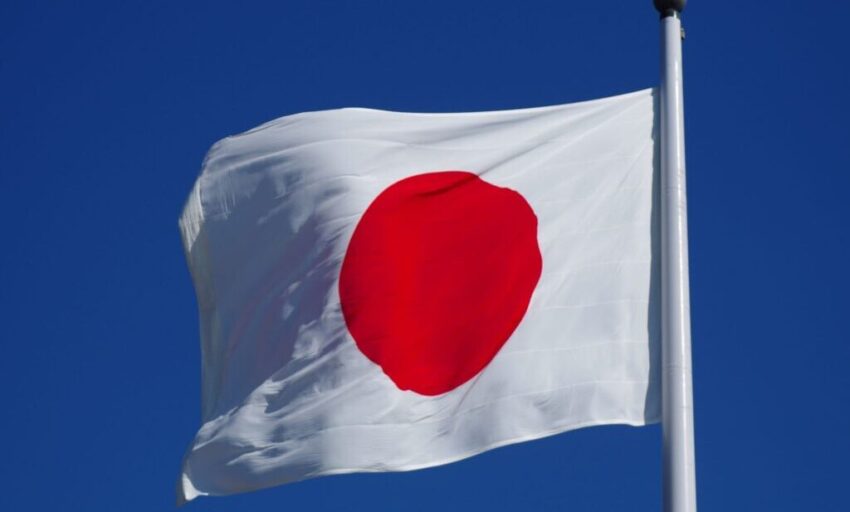
National holidays in Japan are special days designated by law. However, when a national holiday falls on a weekend or overlaps with another holiday, rules such as substitution holidays and national holidays apply. Understanding these rules will help you learn more about the Japanese national holiday system.
substitute holiday
When a national holiday falls on a Sunday, the following Monday becomes a holiday, which is called "振替休日 (substitute holiday)". This is a measure to guarantee the public a day off while maintaining the significance of the national holiday. However, if the following day falls on another national holiday, the holiday will be observed on the day after that.
national holiday
"National Holidays (kokumin no kyuujitsu)" is a system in which weekdays in between national holidays are considered holidays. Specifically, when a national holiday falls on a Tuesday or Wednesday, the Monday or Tuesday preceding the holiday becomes a national holiday. This system allows for consecutive days off, including national holidays.
These national holiday rules have increased the number of annual holidays in Japan. In particular, Golden Week in April/May and Silver Week in September/October provide valuable opportunities to take a coherent vacation by combining multiple national holidays, substitute holidays, and national holidays.
Long Vacation in Japan
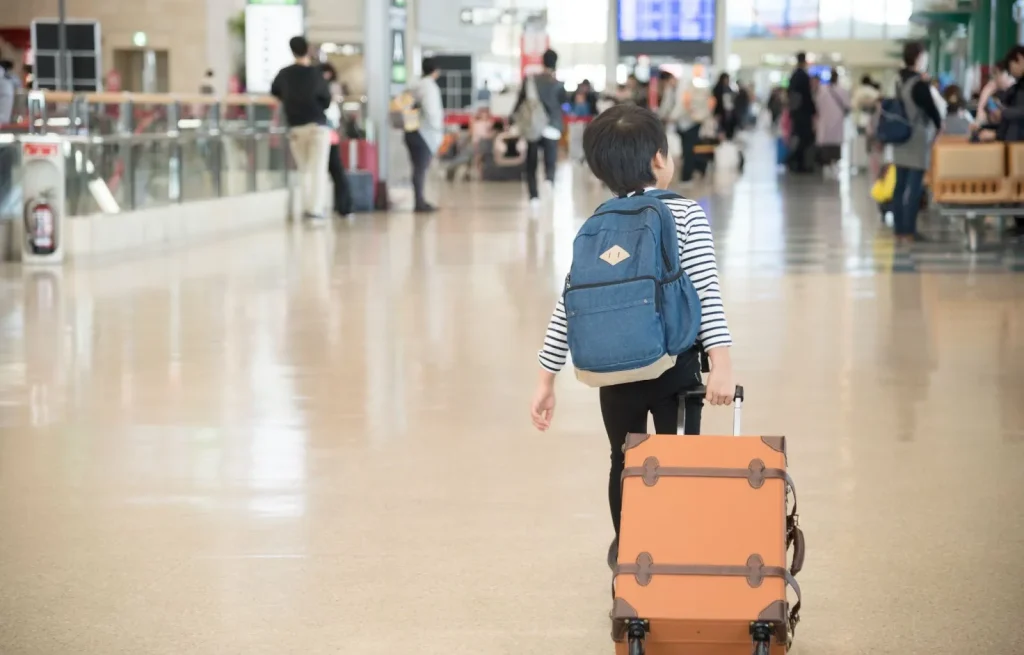
In Japan, there are several long vacation seasons each year. Some of them, such as Obon, are not holidays, but are customary holidays, so it is important to know when these long vacations are generally held in Japan. These long vacations are deeply related to Japanese culture and customs, and it is important to understand them when living in Japan.
Year-end and New Year's holidays: Many people take about a week off
Although the only official holiday during the year-end and New Year's holidays is New Year's Day, many companies and organizations are closed from about December 29 to January 3. However, the vacation period varies by industry and company. For example, in retail and service industries that require business during the year-end and New Year vacations, it is common for employees to take turns taking their vacation days in shifts.
On the other hand, some companies, which are mainly office-based, start their vacations on December 28 and allow employees to take consecutive days off until January 4. Many people can take about a week off. The length of the New Year's vacation is determined by company policy and the nature of the work.
ゴールデンウィーク (Golden Week): May vacation
In Japan, there are four public holidays between April 29th and May 5th, a period known as "ゴールデンウィーク (Golden Week)." Many people take paid leave on days like April 30th and May 1st, extending their time off to about a week.
Since Golden Week is a major holiday weekend, many people go on vacation, and tourist destinations become very crowded, so we recommend that you plan your vacation accordingly.
シルバーウィーク (Silver Week): September vacation
There are two public holidays in September - "敬老の日 (keirou no hi)" and "秋分の日 (shuubun ni hi)" - and the weekdays in between them are also holidays. The period during which these holidays occur in succession is known as "シルバーウィーク (Silver Week)".
However, since the day of the week for holidays changes from year to year, it is not always a long vacation. In years when there is a Silver Week, many people travel and relax.
お盆 (obon): August vacation
"お盆 (obon)" is the period from August 13 to August 16. In Japan, it is believed that the dead return to us during this period. During this period, many people take a vacation and perform rituals such as offering prayers at the graves of their own ancestors. The Obon period may differ from region to region; for example, in Tokyo, Obon is celebrated from July 13 to 16.
During Obon, families visit graves and participate in Bon Odori dancing to welcome the spirits of their ancestors. During this time of year, the rush to return home causes traffic congestion, so be careful when traveling.
Serious employment support to help you realize your dream of working in Japan!

Do you want to work in Japan?
Let us "Goandup" make that dream a reality!
【 Program Features 】
✅ JLPT N3 level Japanese language acquisition
✅ Thorough preparation for the specific skills test
✅ Full support for job hunting in Japan
Business-focused one-on-one lessons will help you find a job in Japan in the shortest possible time.
【 Program Menu 】
- Individual Japanese language lessons
- Intensive curriculum to obtain N3, especially specialized lessons for business Japanese that can be used at work.
- Intensive curriculum to obtain N3, especially specialized lessons for business Japanese that can be used at work.
- Preparation for the Specific Skills Test
- Customized materials for specific skill tests will be used to focus on frequently asked questions and learning to pass the test.
- Customized materials for specific skill tests will be used to focus on frequently asked questions and learning to pass the test.
- Resume and CV support
- To create resumes and CVs tailored to Japanese corporate culture, and to brush up on self-promotion and motivation for application.
- To create resumes and CVs tailored to Japanese corporate culture, and to brush up on self-promotion and motivation for application.
- Interview Preparation
- Guidance on areas for improvement through mock interviews and feedback based on corporate interview scenarios. Learn interview etiquette and behavior unique to Japan.
- Guidance on areas for improvement through mock interviews and feedback based on corporate interview scenarios. Learn interview etiquette and behavior unique to Japan.
- career consulting
- Provide introductions to companies that match the participant's career goals, select companies to apply to, and provide advice on the level of knowledge required by the companies to which the participant is applying.
- Provide introductions to companies that match the participant's career goals, select companies to apply to, and provide advice on the level of knowledge required by the companies to which the participant is applying.
- Chat Support
- In addition to one-on-one individual lessons, we also accept casual questions via DM (visa application, living support, assistance in finding a room, etc.).
If you are serious about your career in Japan, join us now!
▶︎ for more informationclick here.
We will do our best to support your success in Japan!
summary
Japan is one of the countries in the world with a rather large number of national holidays, which may be difficult for foreigners to remember. However, understanding Japanese national holidays is important for understanding Japanese culture and customs. By remembering the meanings and origins of holidays and related customs introduced in this article, you will be able to enrich your life in Japan. Learn about Japanese national holidays so that you can keep track of your holiday schedule.
Your support will help us!
Thank you for visiting Goandup Picks. Our mission is to provide you with more useful information to show the world what Japan has to offer.
Your support will help us to further enhance our activities, so please support us!





